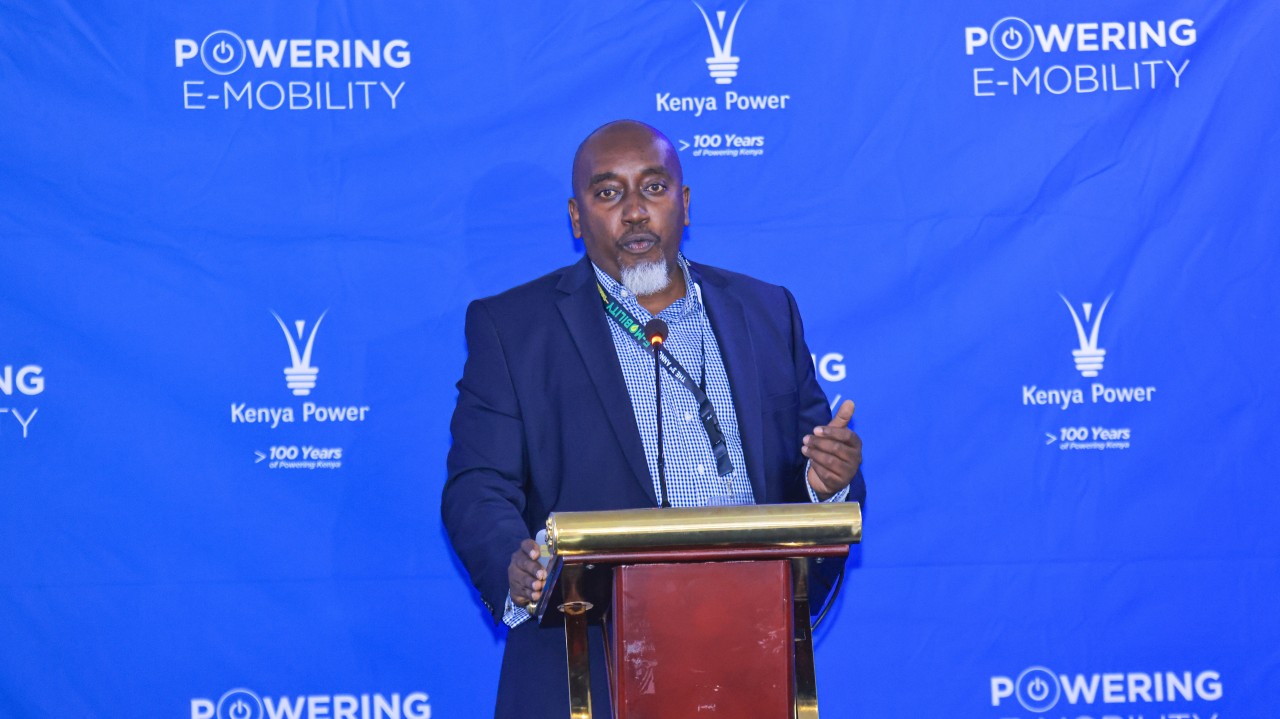Kenya’s Finance Bill 2025 has officially passed, keeping value-added tax (VAT) exemptions on electric motorcycles, bicycles, buses, and solar batteries. The tax relief applies especially to locally assembled vehicles and parts.
The price drop first started in 2019, when excise duty fell from 20% to 10%. In 2023, VAT on local EVs and batteries was scrapped. And now, in 2025, the latest Finance Bill locks in zero VAT on electric motorcycles, bicycles, buses, and batteries.
This means more affordable options for buyers and a boost for local EV businesses. It also confirms Kenya’s push toward making 5% of all vehicle sales electric by the end of 2025.
According to the Electric Mobility Association of Kenya (EMAK), the country had 9,047 registered EVs as of May 2025. That’s up from 2,694 in 2023, more than triple growth in just two years. Electric motorcycles now make up nearly 90% of all EVs on Kenyan roads.
The government is expanding infrastructure to match. Kenya had 67 public charging stations in 2024. That number has jumped to over 200 in 2025—a 198% increase. New stations are rolling out in cities like Nairobi, Kisumu, Mombasa, and Nyeri.
Kenya’s EV market share for two-wheelers rose from 0.5% in 2021 to 7.1% in 2024. The country is targeting 5% of total vehicle sales to be electric by end of 2025, a goal set under its National Energy Efficiency and Conservation Strategy.
The Finance Bill 2025 keeps VAT exemptions on EVs and batteries intact, which keeps prices low. It also supports local players like Epurerides and MojaEV, who are building new assembly plants in Mombasa. MojaEV plans to produce 300 vehicles a month by August.
The tax break is fueling expansion of Kenya’s charging grid. Kenya Power is building out more stations across major counties. Epurerides is launching solar-powered charging stations to serve urban areas.
Why this matters
The VAT exemption does more than offer tax relief. It cuts costs for both buyers and sellers while encouraging local production. It signals a clear path forward for startups, manufacturers, and investors in the e-mobility space.
There’s also a wider economic factor. A full 21.6% of Kenya’s GDP could be at risk if businesses don’t adjust to a green economy. Traditional transport businesses face real pressure to shift or get left behind.
Regional developments
Kenya isn’t alone in this shift. In Burkina Faso, new player ITAOUA launched electric motorbikes and solar-powered swap stations. The company wants to convert 20% of the national motorcycle fleet by 2027, cutting over 150,000 tons of CO₂ annually.
In Zimbabwe, the government dropped EV import duties from 40% to 25%. Officials expect that to double EV imports in 2025 and lower the country’s fuel costs.
The cost challenge
One big hurdle remains cost. New entrants like Rideence are introducing low-cost EVs for public transport to tackle this. Across Africa, the future of e-mobility depends on this kind of innovation, plus continued infrastructure and clear policy support.
Kenya’s EV fleet has more than tripled since 2023, driven by tax policy, solar charging, and local manufacturing. Whether it’s through solar stations, local assembly, or zero tax on batteries, Kenya is creating a model others are starting to follow.
Get passive updates on African tech & startups
View and choose the stories to interact with on our WhatsApp Channel
Explore




